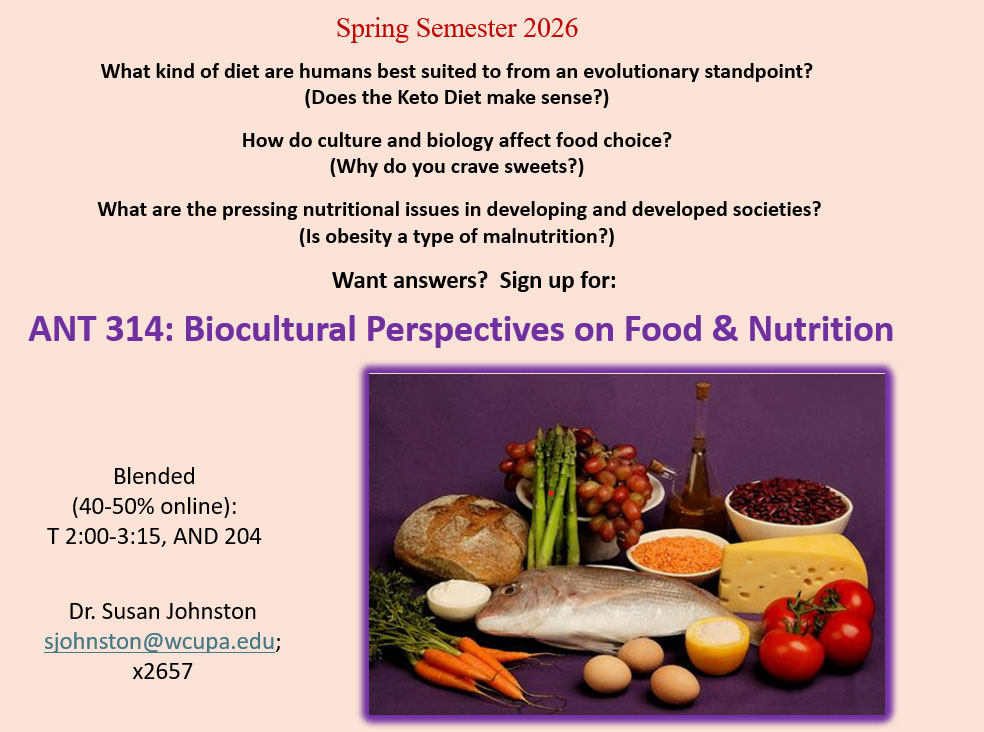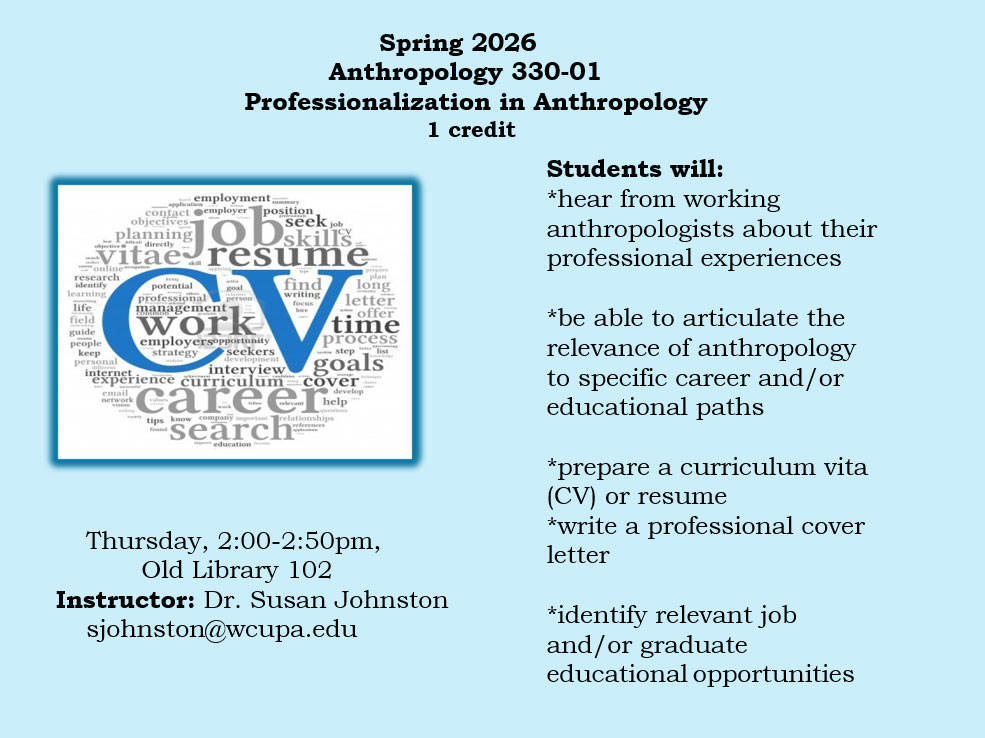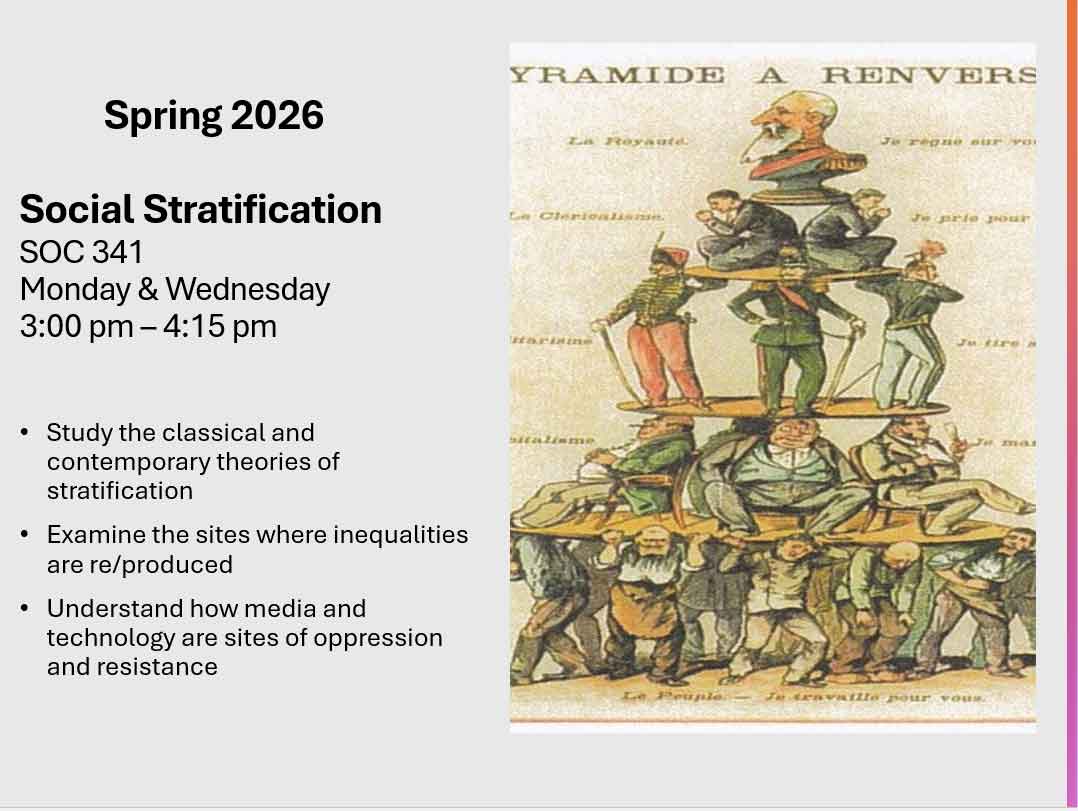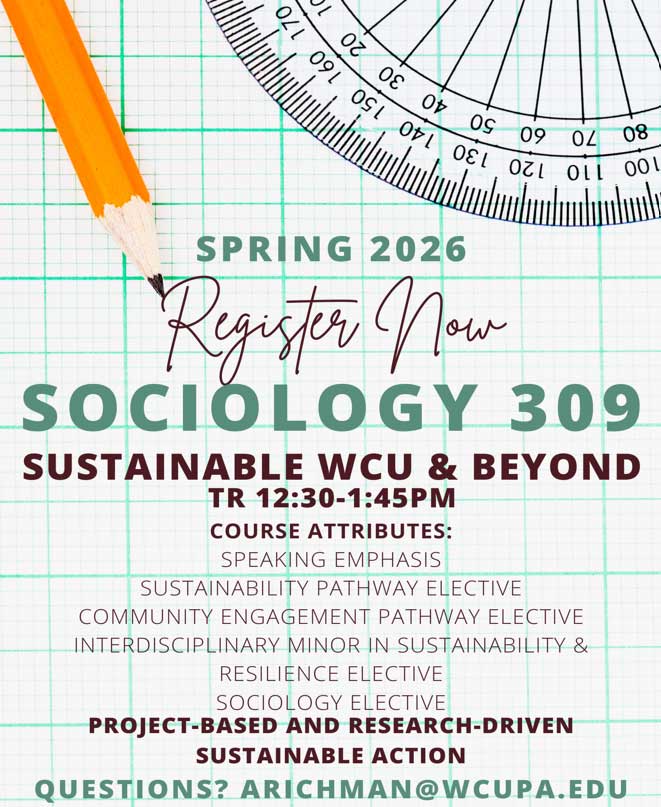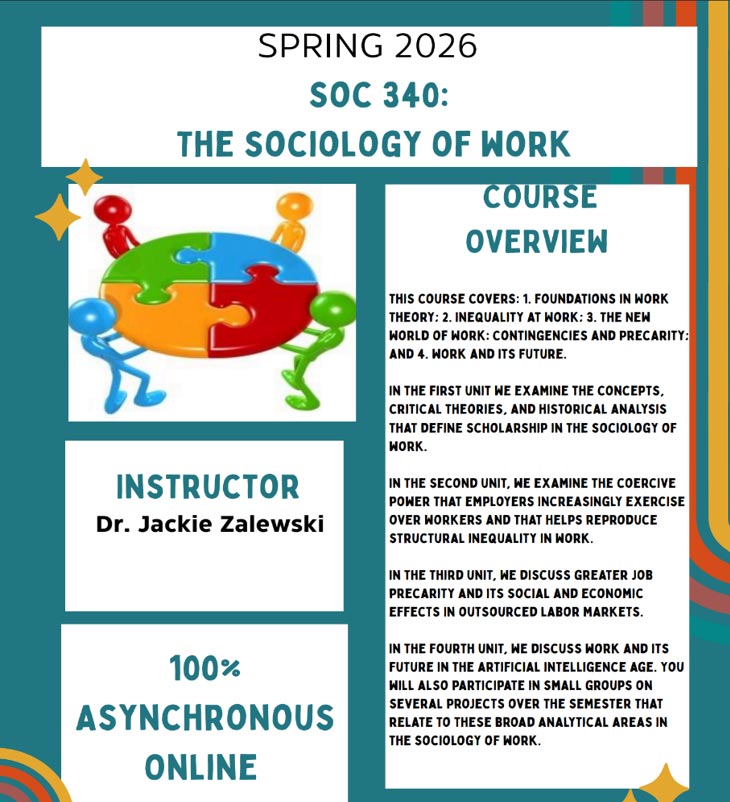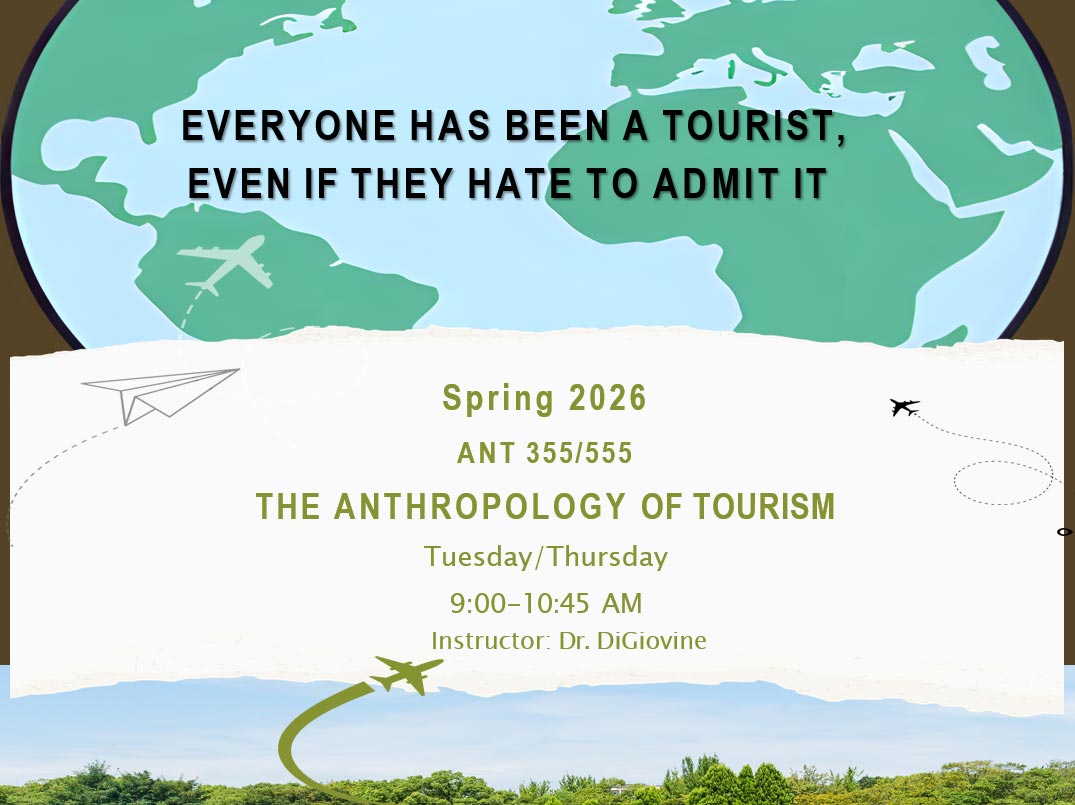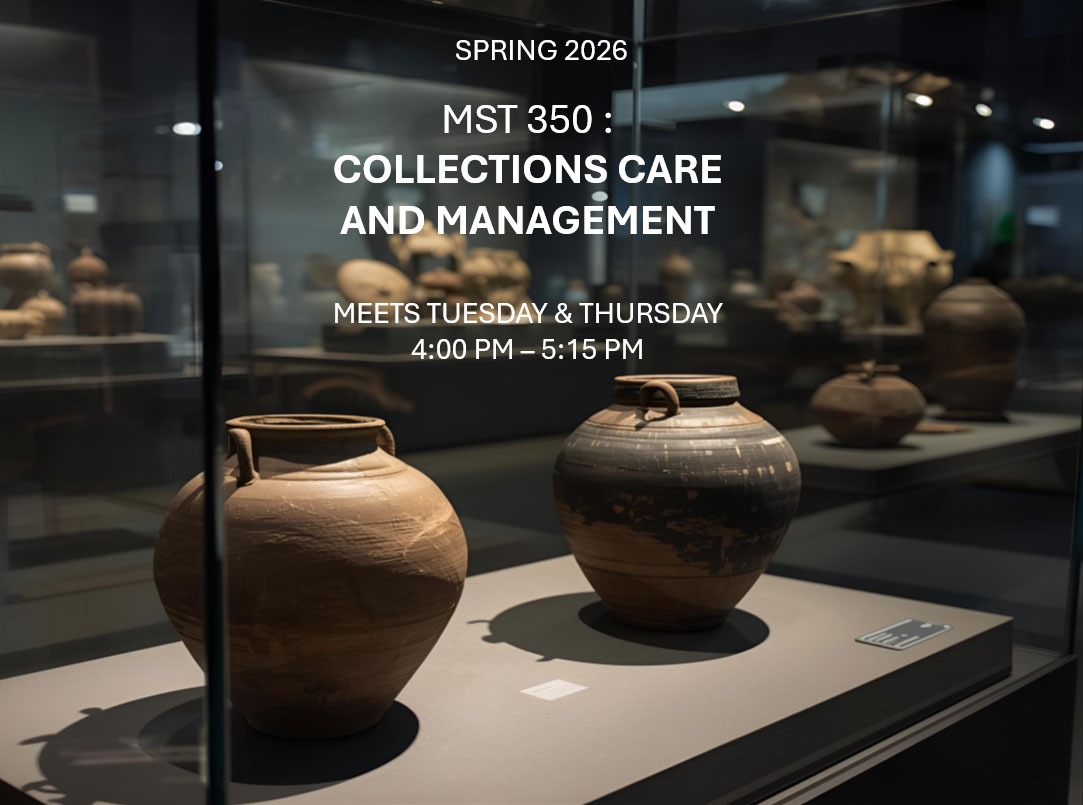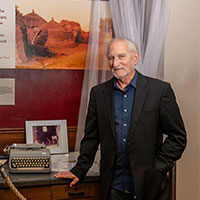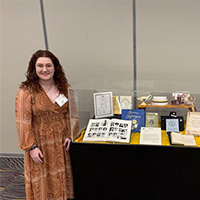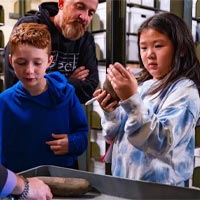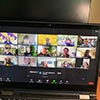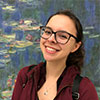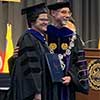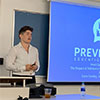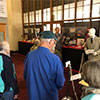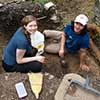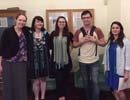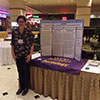Congratulations to our Faculty Research Award recipients:
Dr. Aliza Richman - Community Engagement AWA (CE-AWA)
Dr. Jackie Zalewski - Research AWA (RAWA)
Dr. Heather Wholey - Research in Mathematics and Science (RIMS)
Anthropology and Sociology are social sciences oriented toward the systematic study
of diverse peoples and groups, both sharing the desire to better understand society
and culture.
The Mission of the Department of Anthropology and Sociology is to provide broad access to the skills and special knowledge inherent in our disciplines, to nurture an awareness of and appreciation for diversity, to promote a sense of civic responsibility, global awareness, and cultural competency in our students, and to support original and collaborative scholarship by faculty and students. It will meet this mission by offering courses leading to bachelor ’s degrees in anthropology and sociology and minor programs in anthropology, sociology, museum studies and ethnic studies; a broad range of courses permitting students to satisfy the university’s general education requirements; and internships, field experiences, service learning, and international study opportunities.
Department faculty study a wide range of topics, including globalization; inequalities experienced due to gender, race, ethnicity, and social class; the social determinants of health; biocultural perspectives on food and nutrition; social movements (protests, uprisings and the like); religion in cultural and social contexts; the digital social realm; environmental sustainability and sustainable food systems; ancient societies and cultures; and heritage and preservation.
The Department of Anthropology and Sociology offers the following degrees and programs of study:
- Anthropology, B.A.
- Sociology, B.A.
- Anthropology minor
- Sociology minor
- Museum Studies minor
- Ethnic Studies minor
The WCU Institute for Race and Ethnic Studies has joined the Department of Anthropology and Sociology.
For more information about our degrees and programs, please, email us at ANTSOC@wcupa.edu.
Upcoming Courses: FALL 2026
Anthropology Courses
- ANT 101 -- Introduction to Biological Anthropology
- ANT 102 -- Introduction to Cultural Anthropology
- ANT 103 -- Introduction to Archaeology
- ANT 210 -- Introduction to Forensic Anthropology
- ANT 224 -- Native People of South America
- ANT 230 -- Introduction to Primatology
- ANT 277 -- Sustainable Food Systems
- ANT 348 -- Dimensions of Ethnographic Film/Video
- ANT 349 -- Ethnographic Research Methods
- ANT 459-- History of Ethnological Theory
- MST 258 -- Introduction to Museum Studies
Sociology Courses
- SOC 100 -- Introduction to Sociology
- SOC 240 -- Sociology of the Family
- SOC 245 -- Environmental Sociology
- SOC 300 -- Sociological Theory
- SOC 322 -- Methods of Sociological Research
- SOC 333 -- Self and Society
- SOC 335 -- Racial and Cultural Minorities
- SOC 342 -- Urban Sociology
- SOC 343 -- Sociology of Organizations
- SOC 361 -- Sociology of Medicine
Course Flyers
News Archives

